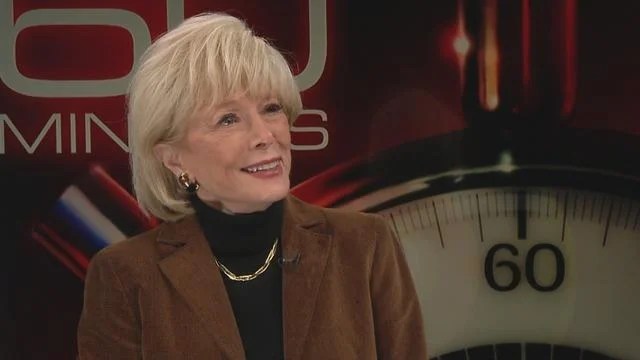When it comes to investigative journalism, few programs have made as significant an impact as "60 Minutes." For over five decades, this iconic television show has been known for its hard-hitting journalism and in-depth reporting, often shining a light on issues that other media outlets overlook. The reporters of 60 Minutes have become household names, recognized not only for their compelling storytelling but also for their commitment to uncovering the truth.
The program's format combines interviews, investigative reports, and documentary-style storytelling, offering viewers a comprehensive look at the most pressing issues of our time. Whether it’s politics, social issues, or global affairs, the 60 Minutes reporters have consistently delivered quality journalism that resonates with audiences worldwide. Their ability to engage with high-profile figures and ordinary citizens alike has made them a staple in American broadcasting.
As we explore the world of 60 Minutes reporters, we will delve into their remarkable biographies, notable investigations, and the impact they have made on journalism. From the early days of the program to the present, these journalists have shaped public discourse and informed viewers about the complexities of the world around them.
Who Are the Pioneers of 60 Minutes Reporters?
The legacy of 60 Minutes is built upon the shoulders of several pioneering reporters. Some of the notable figures include:
- Ed Bradley
- Diane Sawyer
- Morley Safer
- Lesley Stahl
- Anderson Cooper
What Makes 60 Minutes Reporters Unique?
60 Minutes reporters are distinguished by their relentless pursuit of the truth and their ability to connect with audiences on a personal level. They often tackle difficult subjects head-on, providing context and depth that is often missing from other news programs. Their storytelling techniques, combined with investigative rigor, set them apart in the field of journalism.
How Do 60 Minutes Reporters Prepare for Their Stories?
Preparation is key for 60 Minutes reporters. They engage in extensive research and often spend weeks, if not months, investigating their stories. This process includes interviewing experts, analyzing data, and gathering firsthand accounts. The commitment to thoroughness ensures that the final report is both accurate and compelling.
What Are Some Iconic Investigations by 60 Minutes Reporters?
Over the years, 60 Minutes has covered numerous high-profile stories that have shaped public perception and policy. Some notable investigations include:
- The Watergate scandal
- The Pentagon Papers
- Corporate malfeasance in the tobacco industry
- Human rights abuses around the world
How Do 60 Minutes Reporters Impact Society?
The impact of 60 Minutes reporters extends beyond the television screen. Their investigations often lead to significant changes in public policy, corporate accountability, and social awareness. By bringing attention to critical issues, they empower viewers to engage with the world around them and advocate for change.
What is the Future of 60 Minutes Reporters?
As the media landscape continues to evolve, the role of 60 Minutes reporters will also adapt. While traditional journalism faces challenges from digital media and misinformation, the core values of investigative reporting remain vital. The commitment to uncovering the truth will ensure that 60 Minutes continues to play a crucial role in informing the public.
Who Are the Current 60 Minutes Reporters?
The current roster of 60 Minutes reporters includes a mix of seasoned journalists and emerging voices, all dedicated to the program's mission of storytelling and accountability. They bring diverse perspectives and experiences, enriching the program's legacy.
| Name | Position | Years Active | Notable Work |
|---|---|---|---|
| Lesley Stahl | Correspondent | 1991 - Present | Interviews with political figures |
| Anderson Cooper | Correspondent | 2003 - Present | Coverage of global crises |
| Scott Pelley | Correspondent | 2005 - Present | Investigations into military issues |
| Bill Whitaker | Correspondent | 2014 - Present | Reports on social justice |
What Skills Do 60 Minutes Reporters Possess?
To be successful as a 60 Minutes reporter, individuals must possess a unique combination of skills, including:
- Strong communication abilities
- Critical thinking and analytical skills
- Empathy and understanding of diverse perspectives
- Tenacity and resilience in the face of challenges
How Do 60 Minutes Reporters Build Trust with Their Audience?
Building trust is essential for any journalist, and 60 Minutes reporters excel in this area. They do so by:
- Maintaining transparency in their reporting process
- Fact-checking and verifying information
- Engaging with the audience through follow-up stories
- Upholding ethical standards in journalism
In conclusion, the 60 minutes reporters have left an indelible mark on the field of journalism. Their commitment to uncovering the truth, combined with their engaging storytelling techniques, has made them a beacon of integrity in the media landscape. As they continue to evolve and adapt to new challenges, one thing remains clear: the legacy of 60 Minutes will endure for generations to come.




